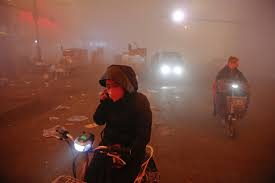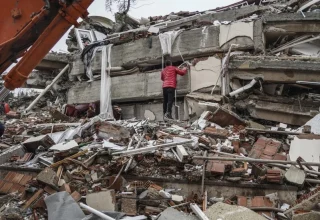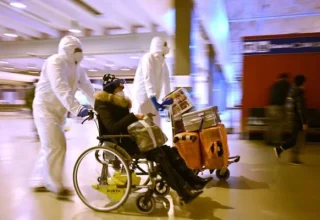WEB DESK, June 29(ABC): Why does our immune system tend to grow weaker as we age?
A new study supports what immunologists have long suspected: A key stressor to our immune system as we age may be stress itself.
“Immune aging may help explain why older people tend to benefit less from vaccines and why they have more serious complications associated with infections like COVID-19,” Erik Klopack, Ph.D., a lead author of the study and a postdoctoral scholar at the Leonard Davis School of Gerontology at the University of Southern California, told Healthline.
“Our study suggests that social stress may accelerate immune aging,” he said.
Those who study immunity and aging – called immunosenescence – have long known that as people age, many see a decrease in immune protection.
However, Klopack said why the immune system declines more rapidly in some people has yet to be understood. That’s why he launched this study.
The physiology of protection
Our bodies build armies for us all our lives, with soldiers called.
T cells are born “naïve,” Klopack said, and as they mature, they hang out in our bodies and wait for a call to action. When activated, they latch on to a virus or other infection that may be trying to harm us.
T cells can become “memory T cells,” which are on the ready to fight these infections again. They can also age into “terminally differentiated” T cells that can go on to have a potentially negative impact on other cells.
What this study found, Klopack said, is that while all people tend to have less naïve cells and more differentiated cells as they age, stress seems to increase that trajectory.
In a time when stress seems to be coming from every direction – pandemic challenges, gas prices, political unrest, extreme weather – Klopack believes digging deeper into this could help society find keys on how to keep a constantly increasing aged population healthier.
“There is still more research needed, but there is evidence that people with more aged immune systems are less able to fight acute infections, like the flu or COVID-19, are at greater risk of cardiovascular disease, and are at greater risk of mortality,” he said.


























